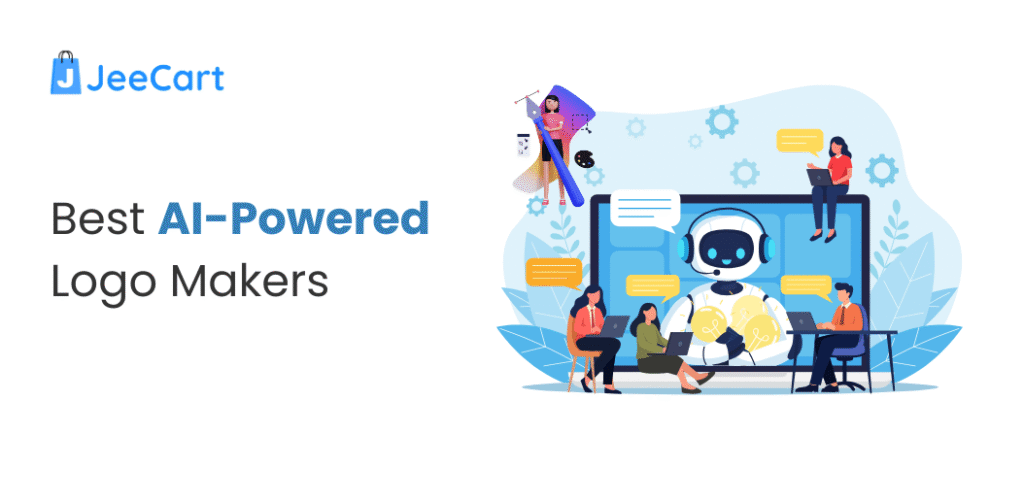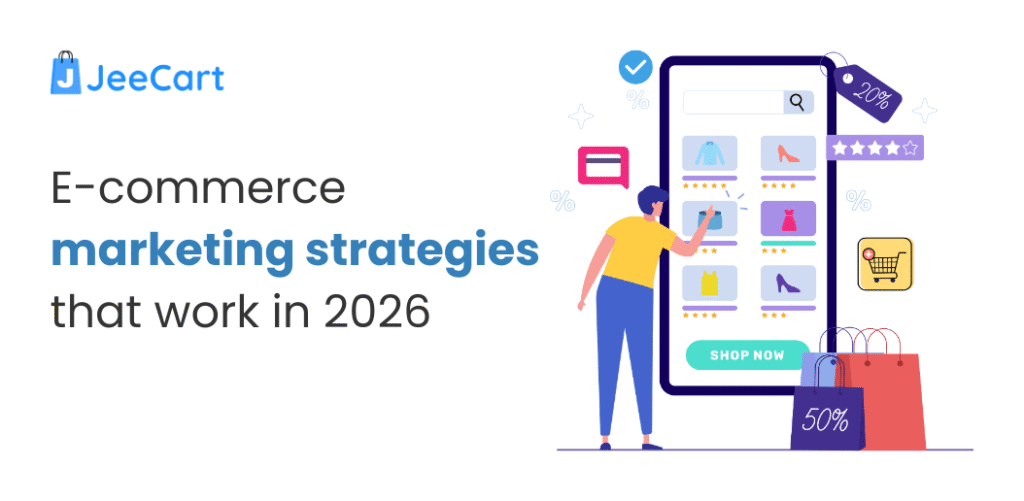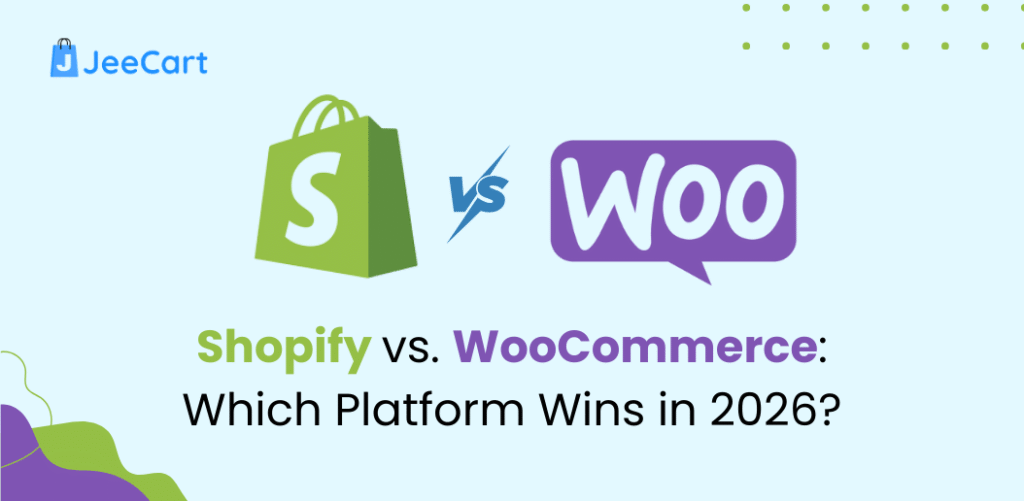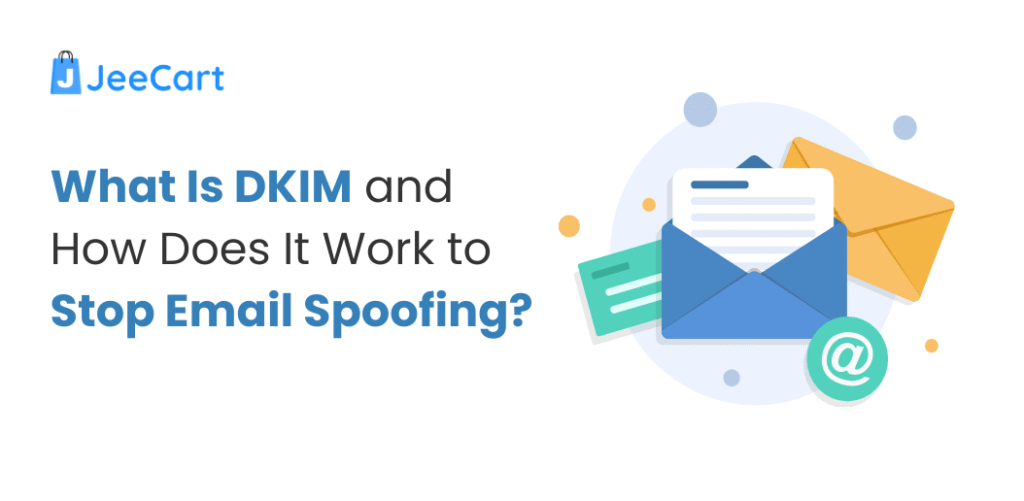E-commerce is evolving at lightning speed, with trends like Social Commerce and Shopify making it easier for brands to sell directly on Instagram, TikTok, and if you’re running an online store, using the right AI tools for ecommerce isn’t optional – it’s essential. From personalising the shopping experience to automating repetitive tasks, AI offers the power to scale smarter. This guide covers 20+ of the top tools you should know in 2026 — helping boost sales, streamline operations, and delight customers.
Why AI Tools for Ecommerce Matter
Before we dive into the list, let’s clarify why AI tools for ecommerce are so critical.
-
Personalisation at scale: AI enables online stores to recommend products, tailor content, and adjust offers based on behaviour — boosting conversion and loyalty.
-
Automation of repetitive tasks: Whether it’s answering support queries, tagging product images, or setting pricing rules, AI frees human teams to focus on strategic work.
-
Improved forecasting and operations: AI tools help predict demand, optimise inventory and shipping, and reduce waste — key for profitability in ecommerce.
-
Better customer experience: From chatbots to dynamic product discovery, AI improves the buyer’s journey, reduces friction and increases satisfaction.
Because of these benefits, it’s no surprise that many e-commerce businesses list “which AI tools for ecommerce should we adopt” as a top priority.
How to Choose the Right AI Tools for Your Ecommerce Store
Before you pick from the many options below, here are some selection criteria:
-
Define your goal – Are you focusing on marketing, customer support, inventory, pricing or personalisation? This helps target the right tool.
-
Check integration – It must integrate with your ecommerce platform (Shopify, WooCommerce, Magento etc.), analytics, and data flows.
-
Ease of use & scalability – A good tool should be user-friendly and able to grow with your business.
-
Data readiness – AI is only as good as the data behind it; clean product/catalogue/customer data matters.
-
Cost vs ROI – Consider both subscription cost and the potential uplift in conversions, efficiency or customer satisfaction.
With that in mind, here are 20+ strong candidates for 2026.
Top AI Tools for Ecommerce (2026 Edition)
Here we group tools by the major use-cases in ecommerce: personalisation & UX, marketing & content, support & conversion optimisation, operations & pricing, analytics & insights.
A. Personalisation & UX Tools
-
Nosto – A platform focussed on personalised storefront experiences: product recommendations, content targeting and multi-channel personalisation using real-time behaviour.
-
Adobe Sensei – Adobe’s AI/ML engine embedded in their commerce stack; helps with personalised search, automated catalog tagging, recommending content and boosting conversion.
-
Wisepops (Recommendation module) – While known for pop-ups and onsite messaging, their AI-powered product recommendation features make it a tool to watch for ecommerce.
B. Marketing, Content & Growth Tools
-
Jasper AI – AI-driven content generation: product descriptions, blog posts, ad copy — helps scale content creation for ecommerce sites.
-
AdCreative.ai – Generates ad creatives automatically, helping ecommerce brands test visuals and messaging faster.
-
OptiMonk AI – Focused on conversion rate optimisation (CRO) through targeted onsite campaigns, pop-ups and personalisation to improve the checkout journey.
If you’re looking to create engaging visual content for pitches, reports, or ecommerce campaigns, you can also use an AI presentation maker to design stunning presentations quickly and professionally.
C. Support, Chatbots & Conversion Optimisation
-
Gorgias – A conversational AI platform built for ecommerce: supports chatbots, customer support automation and can increase conversions by proactively engaging shoppers.
-
Tidio – Combines live chat with AI-chatbot functionality for ecommerce, helping answer queries, recommend products and reduce cart abandonment.
-
Plerdy – An AI UX/CRO assistant: analyses user behaviour, gives actionable advice to optimise pages and boost conversion rates.
You can also explore our curated collection of Ecommerce Tools, Apps, Extensions & Plugins to complement these AI solutions and enhance your store’s functionality.
D. Operations, Inventory & Pricing Intelligence
-
Prisync – Tracks competitor pricing and uses AI to help ecommerce stores adjust pricing, stay competitive, and protect margin. (Mentioned across operations articles)
-
Intelligems – AI for dynamic pricing and A/B testing of pricing strategies, helping optimise revenue per order.
-
Dynamic Yield – A smart platform offering personalisation, pricing optimisation, and experience orchestration for larger ecommerce brands.
-
Bloomreach – Focuses on product-data enrichment, digital-shelf optimisation and scaling commerce operations with AI.
E. Analytics, Insights & Decision-Making Tools
-
Hotjar (with AI modules) – Visualises user behaviour (heatmaps, session recordings) and AI-powered insights help identify conversion blockers.
-
Pecan AI – Predictive analytics for ecommerce metrics: churn, lifetime value, forecasting and smarter decision-making.
-
Salesforce Commerce Cloud (AI-features) – With its Agentforce and other AI modules, lets commerce teams generate SEO metadata, product descriptions, and personalised experiences.
-
Optimonk – Again, for CRO/insights: picks up user signals and helps you act on them to improve funnel performance.
F. Emerging & Bonus Tools
-
Landbot – Conversational AI tool for engaging users via conversational flows on websites or WhatsApp.
-
Synthesia – Generative-video tool, emerging in ecommerce for video product descriptions and personalised video outreach.
-
Vue.ai – AI for fashion ecommerce: tagging, styling recommendations, imagery and personalisation.
-
Copysmith.ai – For generating product copy, PPC ads, blog content — helping ecommerce stores scale content operations.
Note: Some tools listed may overlap categories, but all support core themes of automation, personalisation, customer experience improvement — key to choosing the right AI tools for ecommerce.
How to Implement These AI Tools in 2026
Here are tips to get maximum benefit when adopting AI tools for your ecommerce business:
-
Start with a pilot: Pick one high-impact use case (for example chat support autopilot or product recommendation) and implement a tool in a limited scope. This aligns with best practice of starting small and scaling.
-
Ensure data readiness: Your product catalogue, customer behaviour logs, and website analytics must be clean and accessible. Without good data, AI performance suffers.
-
Integrate with your stack: Avoid tools that are stand-alone silos. Choose tools such as an AI App builder that connect seamlessly with your platform, CRM, email, analytics, and other core systems.
-
Measure KPIs: Before roll-out, define success metrics: e.g., conversion lift, average order value, support resolution time, cart abandonment rate. To stay focused, understanding metric vs KPI helps prioritize what truly measures success.
-
Iterate and expand: Once you prove one tool and use case, you can expand to other parts of your business (inventory forecasting, dynamic pricing etc.).
-
Retain human oversight: AI tools amplify, but they don’t replace human judgement. Use them to free your team for more strategic tasks.
What’s Next: AI Trends in Ecommerce for 2026 and Beyond
-
Hyper-personalisation: The future of ecommerce leans toward individualised journeys — tailored product feeds, dynamic pricing, unique discounts. AI is key to this.
Interactive shopping experiences are reshaping how customers engage with brands. As discussed in When Shopping Meets Gaming, the future of ecommerce will merge entertainment and shopping, making online experiences more engaging and immersive.
-
Voice & visual commerce: Search via image or voice will be more common — expect AI tools built to optimise for those channels.
-
Agentic commerce: AI agents autonomously completing tasks (e.g., reorder, upsell, chat) without much human input.
-
Operational automation: As ecommerce grows global, tools to automate localisation, content syndication, multi-market operations will matter even more.
If you’re ready to scale your store with the right digital strategy, you can grow your online business with JeeCart and unlock your ecommerce potential.
Conclusion
In 2026, the term “AI tools for ecommerce” isn’t just a buzzword — it’s a pathway to smarter growth, higher conversions and better customer experience. By carefully selecting and implementing the right tools, you can automate repetitive tasks, deliver personalised shopping journeys and focus your team on strategy rather than grunt work.
Start with one clear use case, choose a tool that integrates seamlessly with your platform and data, measure the results — and expand from there. The future belongs to ecommerce brands that leverage AI intelligently.
Implementing the right tool today can give your business the competitive edge it needs tomorrow. Choose wisely, act purposefully — and let technology help you scale.




